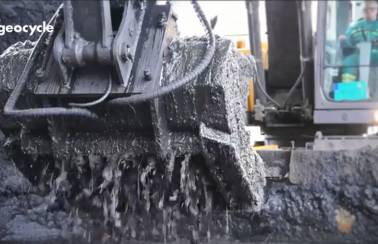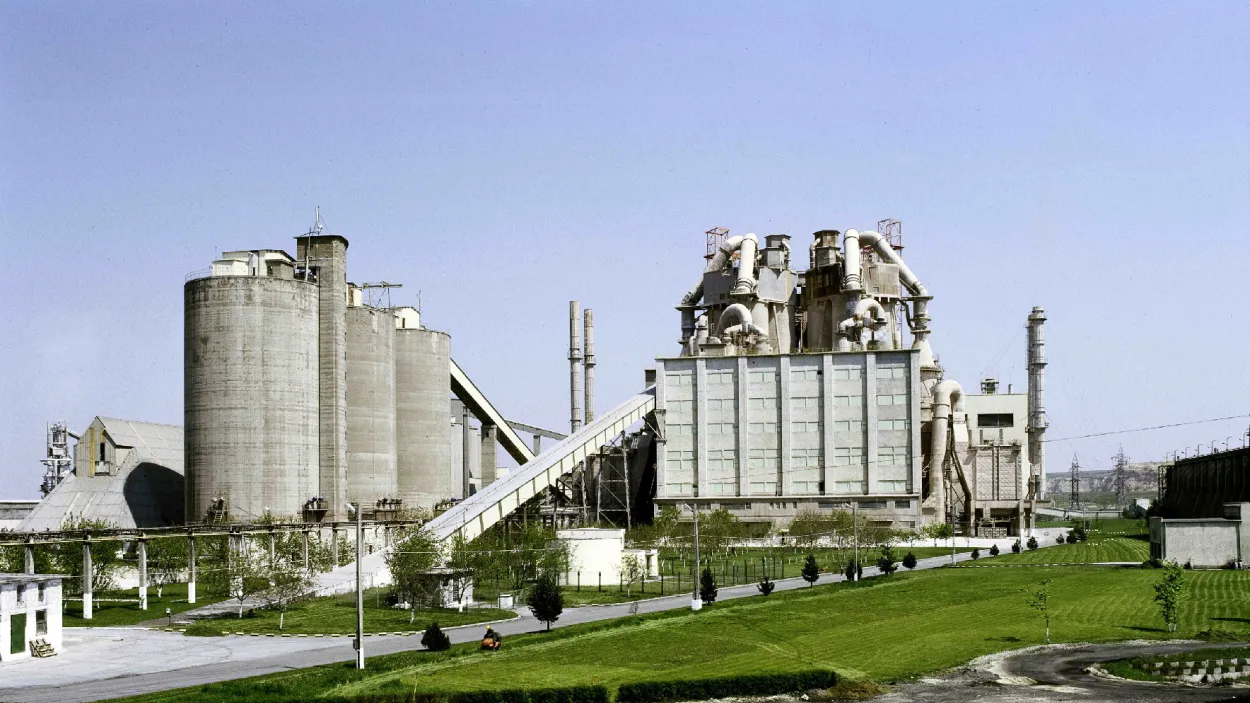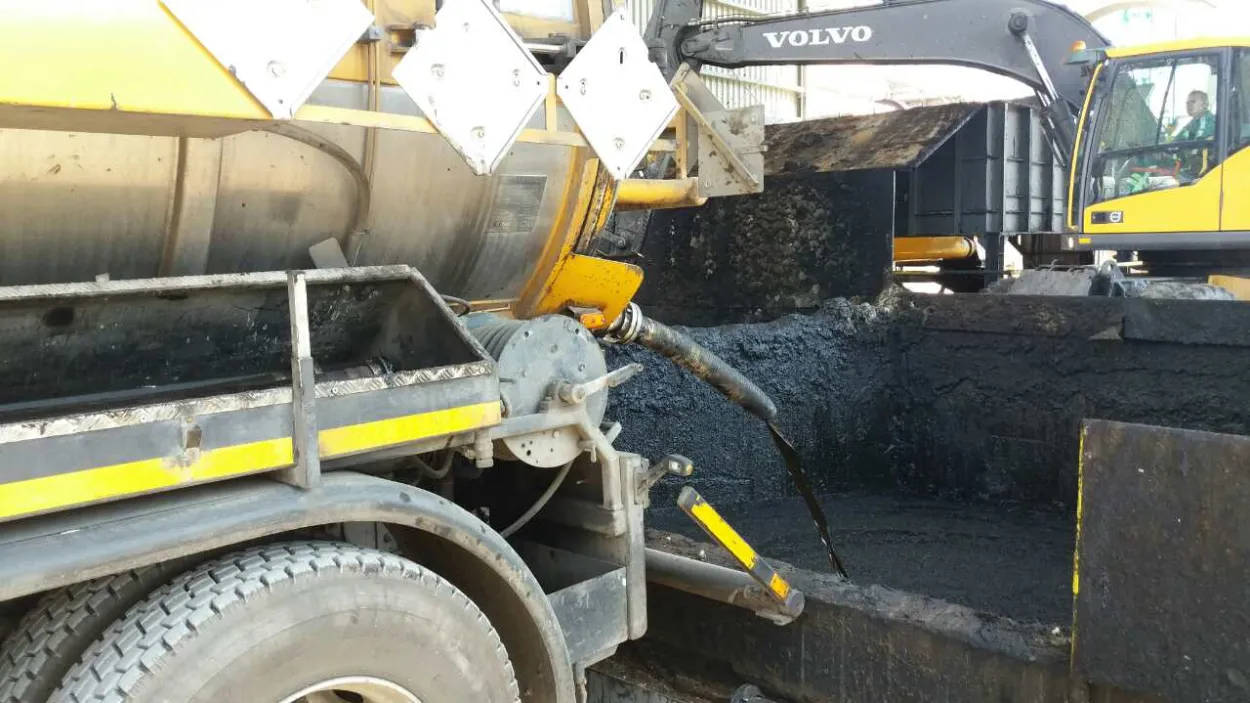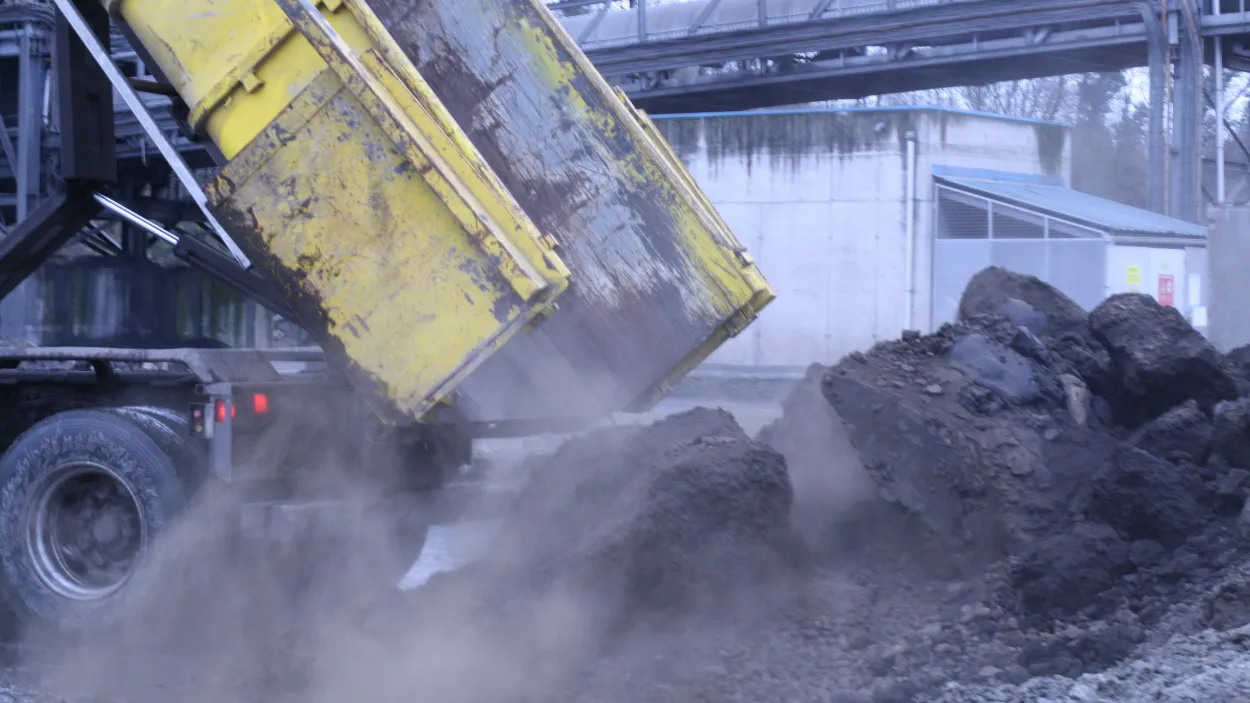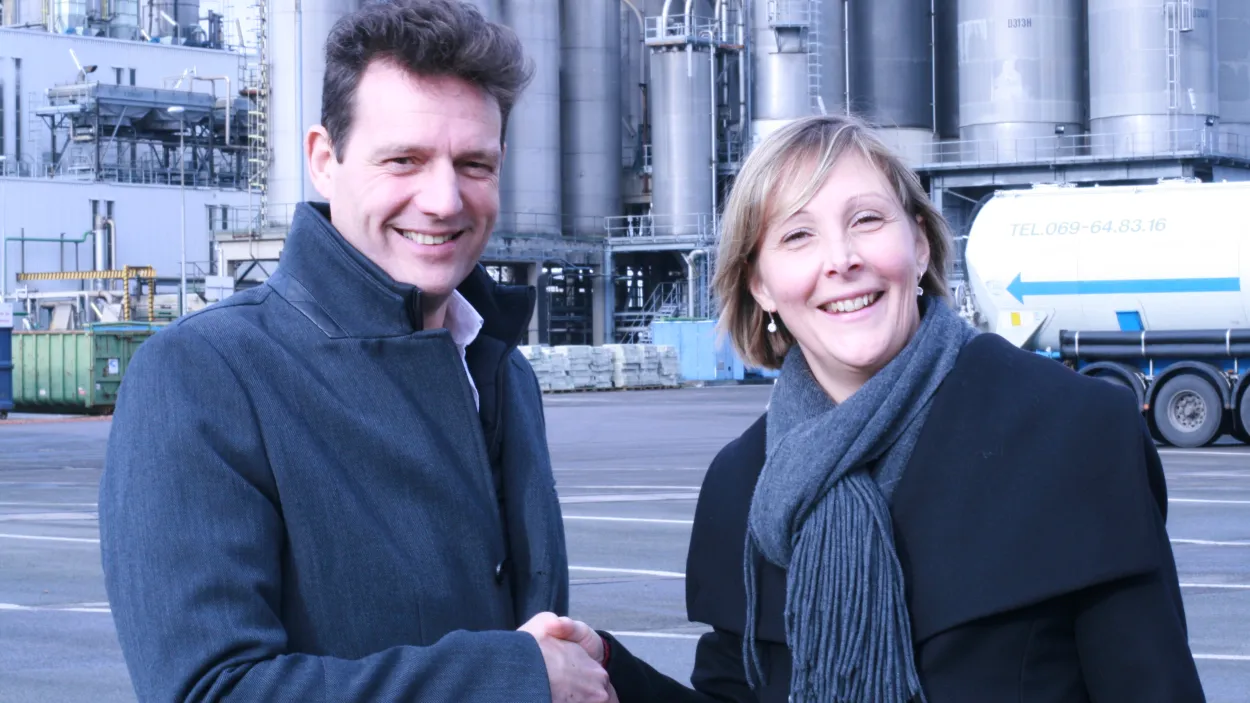Geocycle’s symbiotic solution for recycling and recovering oil waste
From contaminated lagoons…
Oil sludge is inevitable waste generated during the drilling process that’s often left to stockpile until it forms large lagoons that can be up to 2 meters deep. This toxic waste may infiltrate into the groundwater and soil, causing widespread environmental contamination as well as human health hazards for local communities.
… to rehabilitated farmland and recycled materials!
In response, our Geocycle teams have developed an innovative solution for depolluting these lagoons around the world so they can be rehabilitated and used for growing crops. First, the waste is extracted from the lagoons, transported and transformed into a homogenous mix. This composition is then co-processed in a Holcim cement plant, where its material component is recycled and its energy recovered in our kilns.
Our co-processing approach, when coupled with expert pretreatment, provides a practical, cost effective and environmentally preferred option to landfills and waste-to-energy incineration. Here are a few reasons why:
- It ensures an optimal use of the waste thanks to this simultaneous recycling and recovery process and leaves no residual waste
- It fully destroys the contaminants
- It contributes to reduce global greenhouse gas emissions and to the transition towards a less fossil dependent industry
- It’s supervised by a reliable and transparent actor in waste management: Geocycle
Win-win: creating an industrial symbiosis
Thomas Guillot, Head of Geocycle Europe explains: "Across Europe, our teams can be present at every stage of the value chain to create a virtuous loop out of trash called industrial symbiosis. This symbiosis is a win-win relationship: the oil industry eliminates its waste thanks to our expert services and Holcim benefits from the recycled materials and recovered energy generated by this technique."



